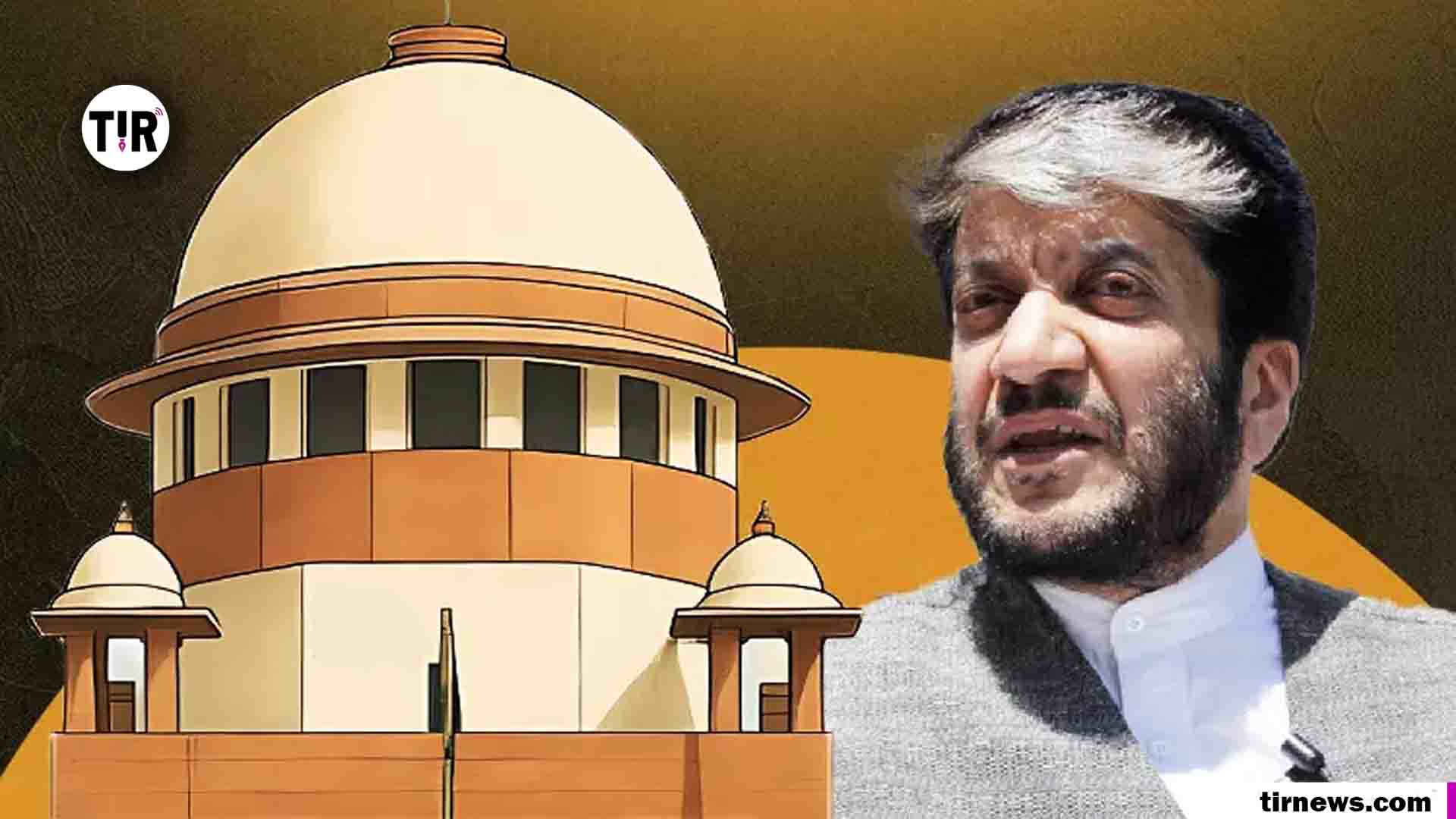On September 4, 2025, the Supreme Court rejected the plea for interim bail by senior Kashmiri leader Shabir Ahmed Shah, while issuing notice to the National Investigation Agency (NIA) on his broader bail appeal (Maktoob media, Live Law, The Tribune).
Senior Advocate Colin Gonsalves, representing Shah, argued that he was “very sick” and could be placed under house arrest. He pleaded: “His days of speeches are over.” However, the bench, comprising Justices Vikram Nath and Sandeep Mehta, declined immediate release (Maktoob media, Live Law).
The court acknowledged Shah’s medical condition but remained unconvinced, expressing concerns over the risk of him continuing alleged unlawful activities and possibly influencing witnesses. The matter has been listed for a hearing in two weeks, and a formal response has been sought from the NIA (Outlook India, The New Indian Express).
Background & Legal Context
- Arrest & Charges: Shah was detained by the NIA in June 2019 and was named in the second supplementary chargesheet in October of that year. The charges allege his role in organizing separatist activity in Jammu & Kashmir, facilitating hawala funding, mobilizing funds via LoC trade, and honoring families of militants to further subversive ends (Maktoob media, Live Law).
- Past Bail Rejections: In July 2023, a Special NIA Court denied Shah’s bail petition. The Delhi High Court also rejected his appeal in June 2025, citing concerns over potential witness influence and the seriousness of the charges (The Times of India, The Tribune).
- Shah’s Appeal: His legal team underscores that Shah’s name does not appear in the original chargesheets, stressing excessive pretrial detention and a prolonged trial—with over 400 prosecution witnesses pending examination (Maktoob media, Live Law).
About Shabir Ahmed Shah
Shabir Ahmed Shah, born in 1953 in Anantnag, is a prominent Kashmiri separatist and founder of the Jammu & Kashmir Democratic Freedom Party (JKDFP). Known as a veteran activist, Shah has spent decades in custody and has been detained under various stringent laws like TADA and PSA. Human rights groups have often raised concerns about his lengthy imprisonment without conviction (Wikipedia).



